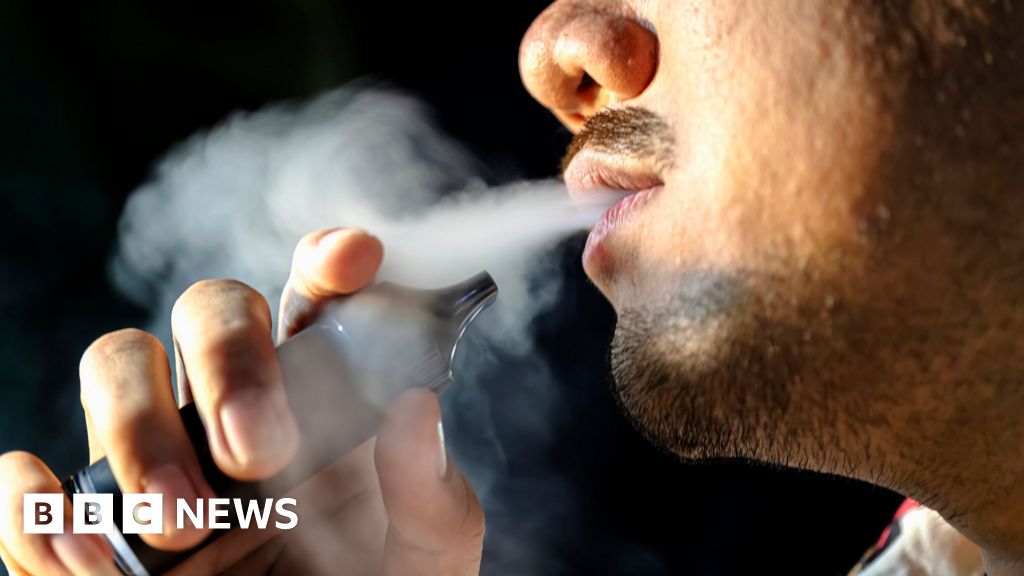Singapore is poised for a pivotal general election that could reshape its political landscape as discontent with the ruling People’s Action Party (P.A.P.) grows. Expected to win yet again, this election will serve as a critical gauge of the party's popularity amid rising living costs and a splintering political landscape.
Over six decades in power, the P.A.P. is viewed as “the steady hand” guiding Singapore through crises, this time facing criticism for its economic strategies amidst global trade upheaval. The last elections saw the P.A.P. achieve its second-worst performance in 2020, igniting discussions about the need for a competitive democracy in this city-state where the opposition has been gaining ground.
This shift is evident as rallies hosted by the Workers’ Party, the main opposition group, drew sizable crowds, reflecting a nation hungry for more diverse political representation. Pritam Singh, leader of the Workers’ Party, emphasized the importance of opposition voices in parliament, stating, “When you have opposition in Parliament, your alternative voice is heard by the government.”
The election also serves as a referendum on leadership under Prime Minister Lawrence Wong, who succeeded Lee Hsien Loong after two decades. Wong asserts that navigating complex international tensions requires established trust among global powers and reiterated the P.A.P.'s track record of ensuring stability and prosperity.
As voters head to the polls, it remains crucial to observe not only which party wins, but how tightly contested the margins will be, signifying an evolving appetite for political discourse and engagement in Singapore's future.



















